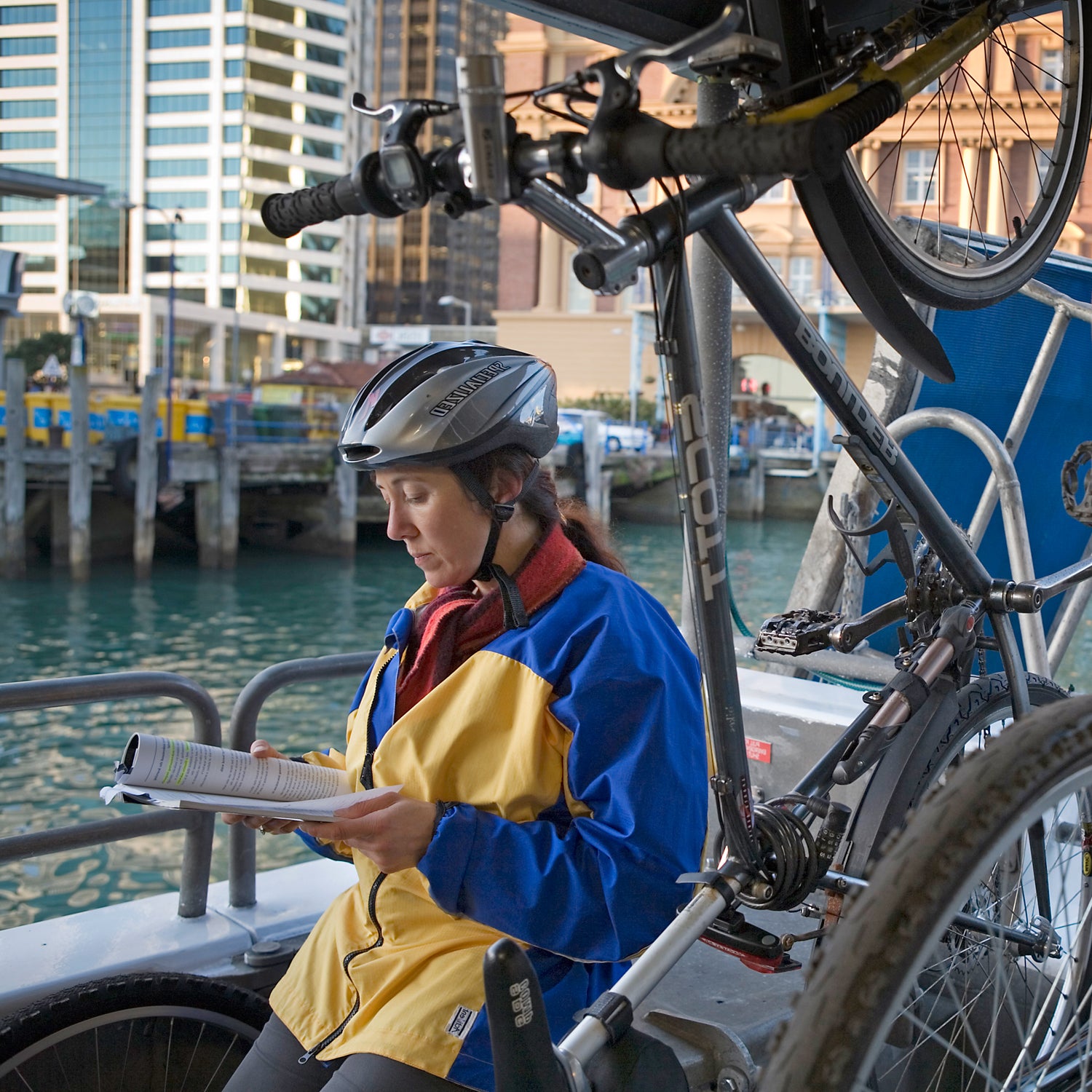Sometimes, you have to work your brain to work your body better. Today, your library becomes a gym, a kitchen, and even a philosophy salon.┬аPut your thinker through its paces┬аwith classic reads from wellness expertsтАФbut first, read our takeaways from them.
Fuel Up on Food Facts
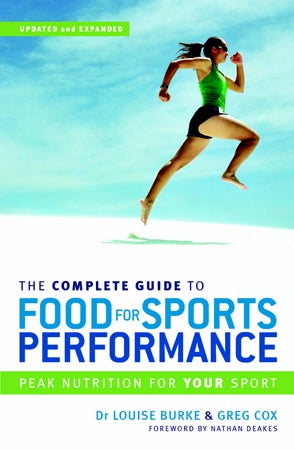
The Book: , by┬аDr. Louise Burke and Greg Cox (Allen & Unwin, $25)
The Sell: Knowing the nutritional requirements of your sport will maximize performance.
Burke and Cox Say: “This third edition transforms science into practice … taking a real-life look at the special nutritional needs of various sports.”
The Takeaway: It depends on what type of athlete you are.
- Cyclists: Caffeine is a legal performance-enhancing drug. When you feel fatigued training, drink a small dose (eight ouncesтАФ a small cup of coffee).┬а
- Runners: Pre-event meals are vital. For early-morning races, a light meal is fine. A couple of pieces of toast and an energy drink work well.┬а
- Triathletes: It’s all about variety. Avoid pinning “good” or “bad” labels on food. Low-fat ice cream with fresh fruit, for example, is fine for a snack.
- Swimmers: You burn more calories than you realize. Pack in more energy content by adding layers and toppings to foods, like jam or syrup on toast or pancakes, and yogurt or fruit on cereal.
(Reviewed by Michael Webster)
Make Money Matter Less
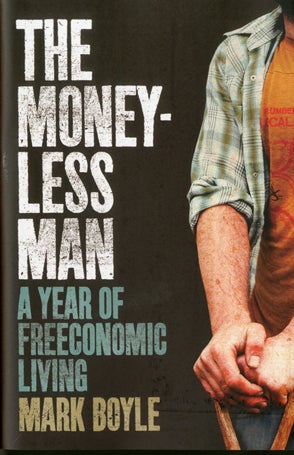
The Book: , by Mark Boyle (Oneworld Publications, $22.95)
The Sell: Boyle, who went a year without spending a dollar, pushes the idea that a moneyless life can improve mental and physical health by giving you a true sense of community.
Boyle Says: “Living moneyless forces us to obtain the materials we need locally; it forces us to take responsibility for meeting our communityтАЩs needs; it forces us to have more appreciation for what we use.”
The Takeaway: You spend too much cash.
- For a month, record everything you spend. Then turn a critical eye to your list. Divide what you needed to spendтАФ on shelter and foodтАФ from what you merely wanted to spend. Try to cut out some of the latter.
- Wealth isnтАЩt all about money. You can spend more on what you want than what you need and still have too little of what counts: satisfaction.
- Depending on money to feed and house yourself means you stress about it, even if youтАЩve got enough. If you try to provide the essentials by other meansтАФgardening or barteringтАФyouтАЩll worry less.
- Karma is real. If you give and receive more than you buy and sell, youтАЩll find yourself a part of a community.
(Reviewed by Riley Blanton)
Make Peace with Yoga Poses
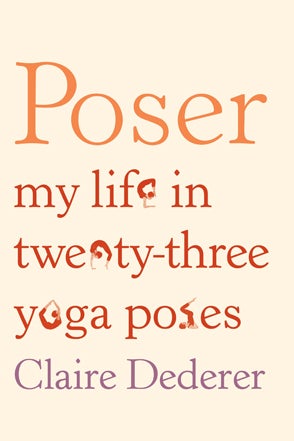
The Book: , by Claire Dederer (Farrar, Straus & Giroux, $26)
The Sell: A skeptic discovers the benefits of yoga.
Dederer Says: “You can’t do yoga and be perfect at it. It confronts you with the messiness of reality.”
The Takeaway: Lessons learned on the mat are applicable in so many places other than yoga class.
- Yoga is relaxing. “You can let your mind wander, and it feels like you’re meditating,” says Dederer. “Nobody gets enough of that.”
- Fall down. “You are going to fall. It’s not a disaster, it’s just a fall. That can give you courage in other sports.”
- Yoga shows you where you’re weak. “If a person has tight shoulders, it could be because his back is compromised, and his back could be tender because he has tight hamstrings. Yoga tells you what the problem is.”
- Yoga helps with stress. “When you’re doing a really difficult arm balance, you’re learning to stick with difficult situations.”
(Reviewed by Will Taylor)
Get the Skinny on Fat
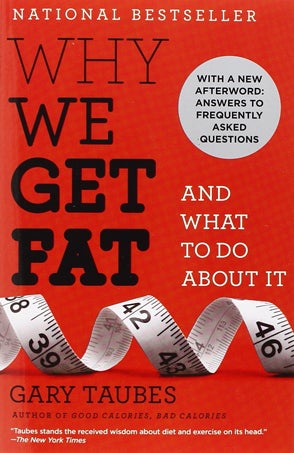
The Book: , by Gary Taubes (Knopf, $25)
The Sell: A science-based look at the causes of American weight gain.
Taubes Says: тАЬSo many different belief systems enter into the question of what constitutes a healthy diet that the scientific questionтАФ why do we get fat?тАФ has gotten lost along the way.тАЭ
The Takeaway: Common tropes about fat, both the state of being and the macronutrient, don’t gel with our real fuel requirements.
- Think calorie quality, not quantity. The more refined the carbтАФ like sugar, potatoes, and white flourтАФ the more insulin you secrete. Insulin stores these carbs as fat.
- You crave refined carbs because your body knows these are the quickest fuel sources. Fight the urge. The less your refined-carb intake, the more your body learns to fuel itself on fat.
- Bacon is good! According to Taubes, higher-fat, lower-carb diets decrease triglyceride levels and increase HDL (тАЬgoodтАЭ) cholesterol.
- Eat these foods: Taubes recommends fresh meat and fish, eggs, green veggies, and lower-sugar fruits like wild berries, avocadoes, and figs.
(Reviewed by Nick Davidson)


